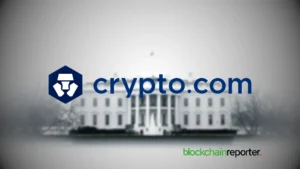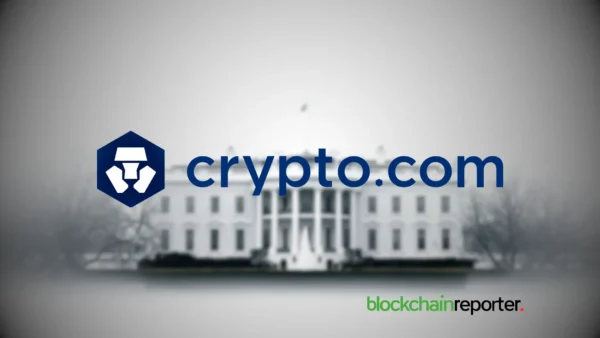
In May 2018, the General Data Protection Law (GDPR) came into effect, with various firms scampering to ask clients on their mailing list for permission to store and process their personal information, as required by the regulation. However, cyberpunks also seized the opportunity to launch massive phishing attacks on unsuspecting cryptocurrency investors, according to a Securelist report on August 14, 2018.
Phishers of Crypto
Back in 2016, the European Parliament and Council of the European Union created the General Data Protection Law (GDPR), to give individuals within the European Union (EU) as well as the European Economic Area (EEA) absolute authority over their personal data.
Interestingly, as the May 25, 2018 implementation date drew closer, various firms from all over the globe, including blockchain-based businesses started sending notification emails to clients, seeking for the go-ahead to handle their personal information.
Bad actors in the cryptoverse quickly leveraged the situation to do what they know how to do best, steal people’s cryptos.
According to Securelist, its highly functional antiphishing system prevented an alarming 58,000 user attempts to log on to phishing websites masquerading as popular DLT-based digital currency wallets and cryptocurrency exchanges.
It’s noteworthy that in 2018, there have been quite many reported cases of hackers trying to get the private keys of crypto holders through various means.
In June 2018, hackers orchestrated the MetaMask phishing operation that nearly made ether holders to lose all their funds, had it not been for the timely intervention of the MetaMask team.
“MetaMask will never spontaneously ask for your seed words and is actually totally incapable of popping up in the top right without the user clicking the fox. If you ever see this kind of popup on a site, contact us immediately,” wrote the MetaMask team at the time.
Ethereum Popular with Phishers
Per a Securelist rough estimate, crypto phishers made at least $2,329, 317 in Q2 2018, from their phishing operations carried out by creating fake ethereum-based ICO websites.
In August 2017, reports emerged that hackers had compromised the Enigma ICO website and Slack social media account, barely a month to its ICO launch, stealing nearly half a million dollars worth of ether spamming interested investors and asking them to donate cryptos to the project.
Similarly, fraudsters have swindled gullible virtual currency investors of their hard-earned cryptos by using the social media accounts of celebrities and cryptocurrency big whales like Vitalik Buterin, the co-founder of the Ethereum project, to organize scam ether giveaways.
Back in March 2018, a Twitter scammer used a fake Elon Musk account to rake in massive amounts of ether by asking users to send between 0.5 to 4 ether, to get a return of up to 40 ETH.








